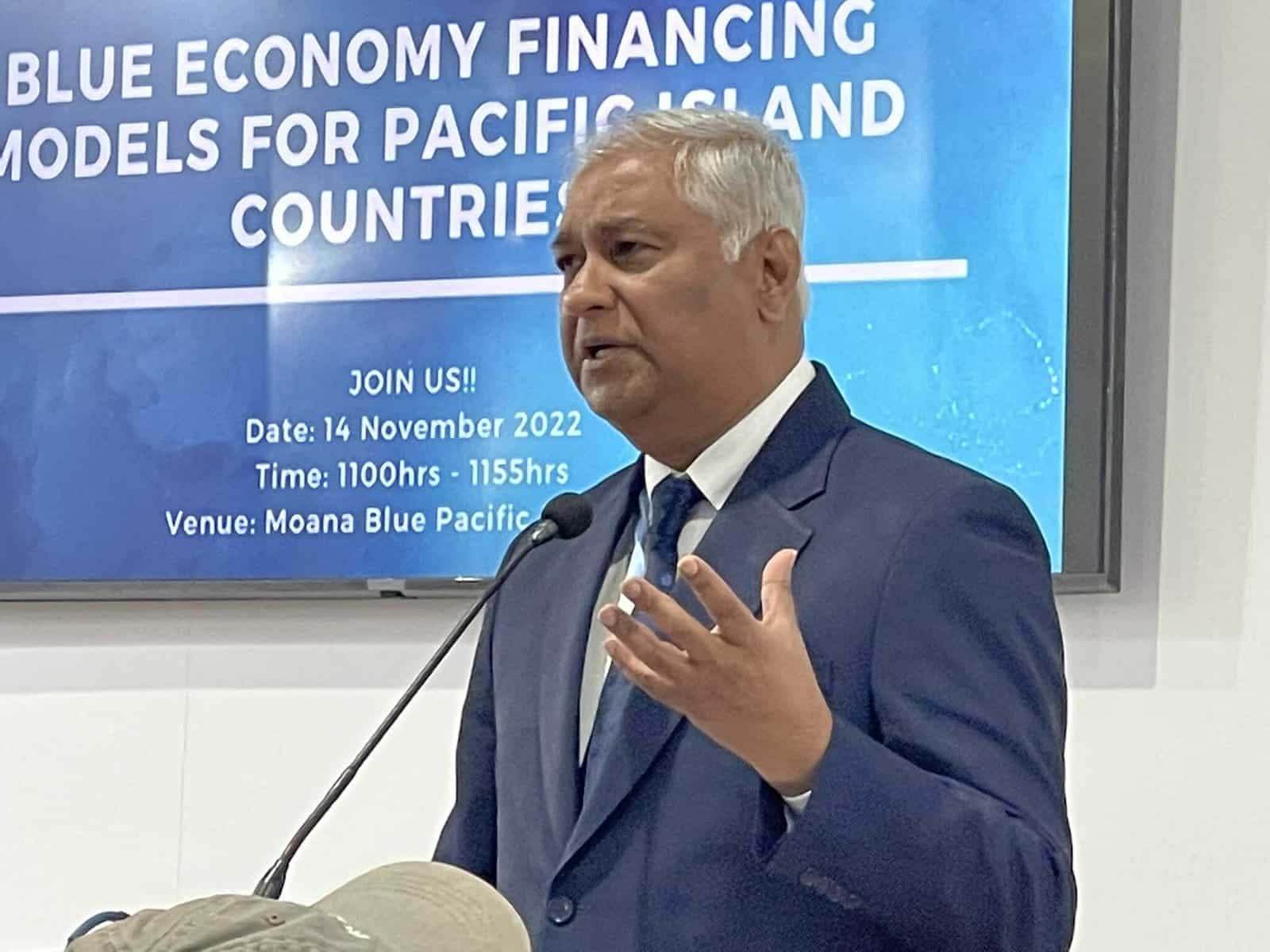Dr Satyendra Prasad’s sobering reflection on the shifting geopolitical landscape affecting the Blue Pacific offers us an urgent call to action—one that is not driven by panic, but by clarity, realism, and hope. His insight reminds us that the world is not unravelling, but recalibrating itself to new centres of power, driven largely by narrow domestic interests.
If the post-World War II multilateral order was built on shared responsibilities and rules, then what we see emerging today is a fragmented, interest-driven global architecture where vulnerability is exploited rather than respected.
In such a world, we Pacific peoples must now look deeply to ourselves—not merely for protection, but for inspiration, strength, and long-term purpose. We must summon the resilience of our ancestors who traversed the vastness of the Pacific Ocean guided only by stars, winds, and their enduring belief in the possibility of survival and renewal. It is in this tradition of ingenuity and self-reliance that our political, economic, and diplomatic strategies must now be grounded.
Self-Reliance and Regional Integration: The Path Forward
If development assistance can be turned off with the flip of a switch in foreign capitals, then it is imperative that we start building regional mechanisms that make us less dependent and more self-determined. One such step must be to deepen regional integration, not only through existing structures such as the Pacific Islands Forum, but also through new regional frameworks focused on economic resilience, mobility of Pacific peoples, and sovereign innovation.
Let us establish a Pacific Single Market for Skills and Services, where professionals, entrepreneurs, and workers from across our islands can move freely to fill skill gaps and stimulate intra-Pacific growth. Let us envision a future where a Fijian engineer can work in Nauru, a Tongan nurse can be deployed to Solomon Islands, and a climate finance expert from Vanuatu can support adaptation work in Kiribati, all without bureaucratic impediments. A Pacific Labour and Mobility Accord can become the linchpin of both economic survival and regional solidarity.
A Pacific Self-Help Compact
Dr Prasad rightly refers to the need for a “Development Supermarket,” yours truly—a concept that reflects both realism and ingenuity. But we must go further. Let us develop a Pacific Self-Help Compact, where member states commit to financing mission-critical development projects for one another through pooled resources, rotating funds, or sovereign climate bonds underwritten by our fisheries and ocean assets.
Fisheries, after all, account for a significant proportion of the GDP of many Pacific countries and represent one of the few shared economic assets we fully control. The Micronesian and Melanesian Spearhead Groupings could be invigorated to operationalise such frameworks. We do not need to wait for international validation—we must create legitimacy through practice, just as others have done throughout history.
Climate Diplomacy: A Business of Survival
Dr Prasad’s emphasis on transforming our climate diplomacy from advocacy to business negotiation is both prescient and necessary. Climate finance must no longer be treated as charity; it is a legal and moral obligation tied to historical emissions. The Pacific must negotiate bilateral climate compacts with high-emission states that include legally binding provisions for loss and damage, climate migration, and adaptation financing.
A Pacific Climate Sovereignty Summit, convened annually by Pacific Small Island States, could become our strategic counterweight to the unpredictability of COP processes. It should be an arena where we determine our own priorities, set our own expectations, and develop multi-stakeholder coalitions that can carry our message into the international arena.
A Pacific Rules-Based Order: Our Terms, Our Voice
The call for a Pacific Rules-Based Order is timely and necessary. We must articulate the rules of engagement within our oceanic domain. These should govern not just resource exploitation, but also diplomatic engagement, development partnerships, and humanitarian responsibilities.
A Pacific Charter of Sovereign Conduct could serve as our declaration to the world, asserting our values of reciprocity, transparency, and respect. Those seeking to engage with us—be they states, corporations, or multilateral entities—must adhere to these values, or be diplomatically and economically deprioritised.
A Time for Leadership Grounded in Hope
We cannot afford defeatism or disillusionment. What we need is purposeful leadership that gives our peoples reason to believe in tomorrow. We must choose hope—not as rhetoric, but as a political and moral strategy. Hope is the currency with which our children will measure the worth of our decisions today. Let us not be remembered as the generation that saw the storm clouds gather but failed to act. Let us be the generation that said: “This is our ocean, our history, and our future—and we will defend it, develop it, and dignify it together.”
In conclusion, the vision laid out by Dr Prasad is not only a warning—it is an opening. A moment of global realignment is also a moment of possibility. Let us build new regional instruments, affirm our dignity, and remember that resilience is not new to us—it is who we are.
“We are the sea; we are the ocean. We must wake up to this ancient truth.” — Epeli Hauʻofa.
Professor Transform Aqorau is the Vice Chancellor of Solomon Islands National University
